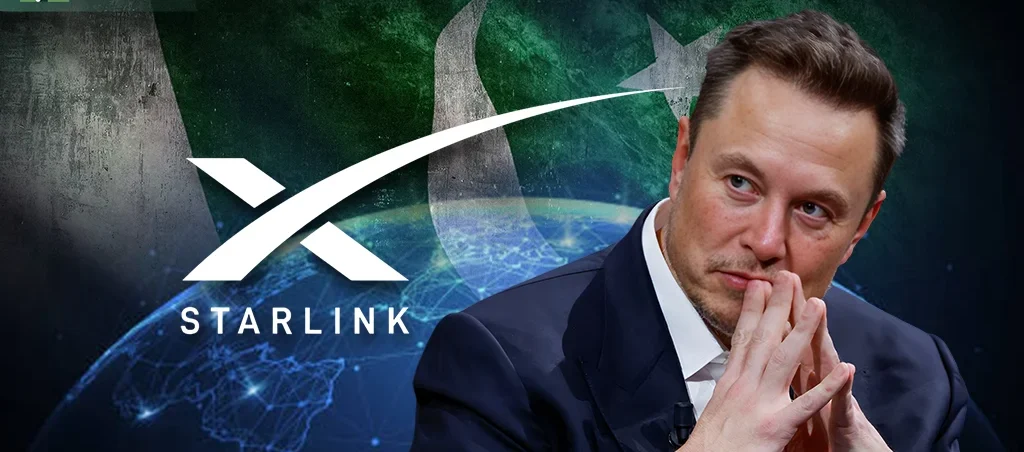Islamabad, April 03: Despite widespread speculation, Pakistan’s four major telecom operators—Jazz, Zong, Telenor, and Ufone—agree that the full extent of Starlink’s market influence remains unpredictable.
Pakistan’s telecom landscape is on the brink of transformation as the Pakistan Telecommunication Authority (PTA) prepares to grant final approval for Starlink’s entry into the market.
While excitement surrounds this development, skepticism within the industry remains due to uncertainties about its potential impact.
However, they acknowledge that Starlink’s premium pricing is unlikely to replace traditional fiber-based internet services, particularly in urban areas.
“In the short term, some customers may opt for Starlink, but its high costs will limit widespread adoption,” a senior telecom executive noted. He emphasized that while Starlink is unlikely to offer deep subsidies to expand its reach, its pricing model may vary by region within Pakistan, similar to its approach in other markets.
Starlink Sets Up Local Office
Starlink has already established a local office staffed by Pakistani professionals who view the country as a unique mix of high-end and mass-market consumers.
A senior official at the Ministry of IT and Telecommunication pointed out that Starlink’s primary customers are expected to include security agencies, law enforcement, customs, and influential figures in remote areas where fiber connectivity is sparse or non-existent.
One potential area of competition is Azad Jammu and Kashmir (AJK) and Gilgit-Baltistan, where the state-owned Special Communications Organisation (SCO) currently operates. Starlink’s presence there could disrupt SCO’s monopoly.
Read More: Starlink Secures Key NoC to Launch Internet Services in Pakistan
However, in the rest of Pakistan, where major telcos have a limited footprint in rugged regions, collaboration with Starlink on a revenue-sharing basis remains a possibility.
Jazz CEO Aamir Ibrahim sees Starlink’s entry as an opportunity rather than a threat, acknowledging its potential to reshape the industry. “While its arrival may cause some disruptions, it will also help us observe, adapt, and evolve with competition,” he remarked.
However, he cautioned that Starlink should not be exempt from regulatory constraints, including government-mandated shutdowns for security reasons.
Telecom operators are pushing for a level playing field, arguing that existing companies should not bear the sole burden of service disruptions while Starlink operates freely.
Also Read: Musk Starlink Receives Provisional Permission to Operate in Pakistan
Additionally, concerns have been raised about the absence of anti-dumping laws in Pakistan’s telecom sector, prompting calls for regulatory safeguards against any potential predatory pricing strategies by Starlink.
As Starlink’s launch nears, the industry remains watchful, weighing the risks and opportunities that this satellite-based internet service could bring to Pakistan’s digital landscape.
